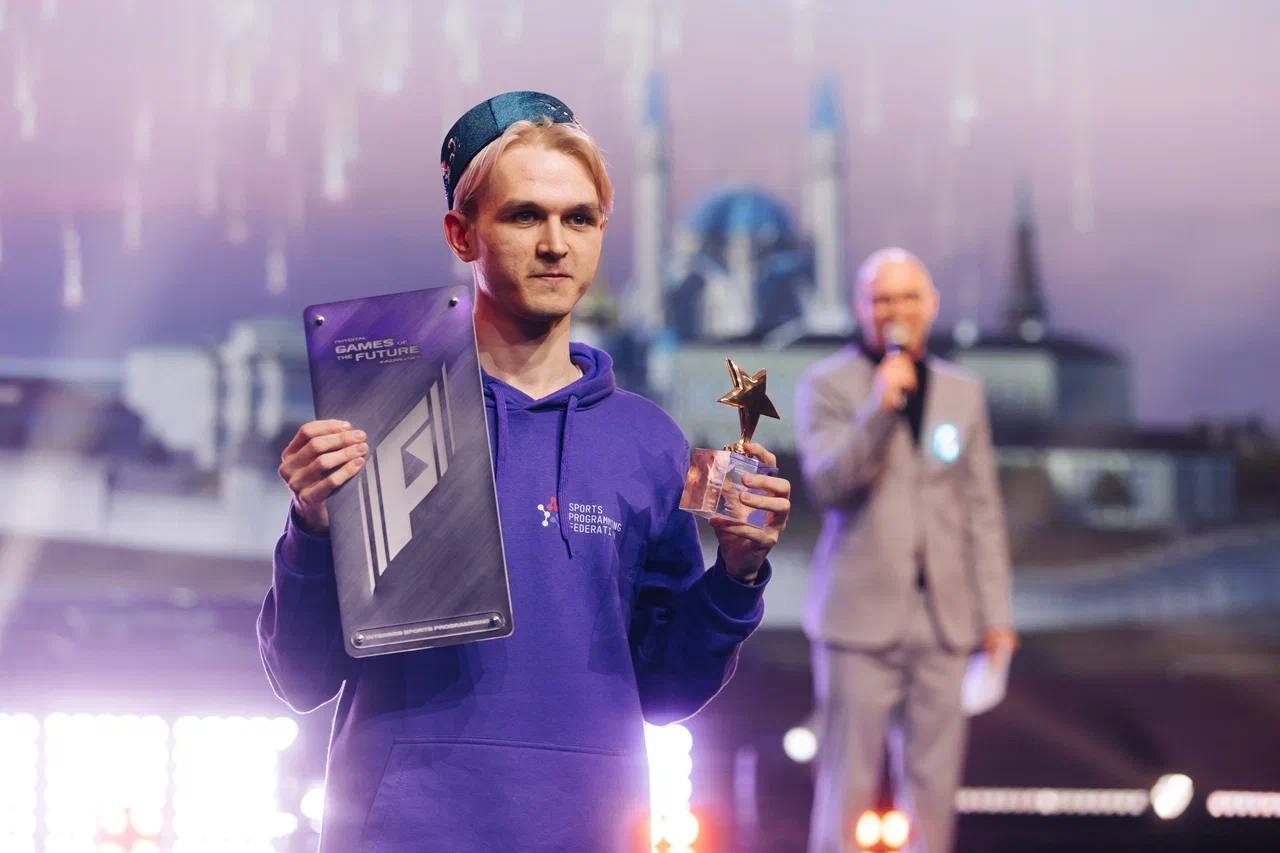The ‘Competitive Programming’ tournament was sponsored by Interros. The prize fund of the tournament amounted to 300 thousand dollars, which is by far the biggest prize pool for competitive programming in decades.
The first Games of the Future took place in Kazan, Russia from February 23 to March 3, 2024 (some competitions within the tournament began on February 19). The competitions are divided into five categories or “challenges”: sports, tactics, strategy, technology, and speed. Over 2,000 athletes from different countries participate in the Games of the Future in 21 innovative disciplines: 16 in the main program and 5 in the extended program. In 2022-2023, ten test events were held in Kazan as part of the preparation for the Games of the Future.
“For ‘Interros,’ it is especially valuable to be one of the pioneers on this path. We expect that our support, as well as active participation in the Corporate Games by ‘Atomize’ and ‘Rexoft,’ will allow the new format of sports competitions at the intersection of two realities to succeed, opening a new chapter in the history of world sports,” noted Sergey Batekhin, CEO of ‘Interros.’
The competition took place in two rounds, each lasting 5 hours. During this time, participants had to solve 24 problems by writing appropriate algorithmic code in one of the programming languages: C/C++; C#; Pascal; Python; Java. Of course, without the help of any devices and faster than competitors. Russia was represented in the discipline of ‘Sport Programming’ by seven athletes. Also, competing for the trophy were over 40 participants from 27 countries around the world. Among them was the youngest participant of the ‘Games of the Future’—12-year-old Inji Valizada from Azerbaijan. Unfortunately, the seventh grader from Baku did not make it to the final, only completing one task. All seven declared Russians made it to the second round (two of them solved 11 out of 12 tasks), as well as Belarusian Anton Kharasov, Chilean Martin Andrigetti, and Cuban Jorge Alejandro Pichardo Cabrera.
Fedor Romashov became the champion of the Games of the Future in the discipline of “sport programming.” Fedor was the only one who scored 22 points. In each of the rounds, he failed to solve only the last, deemed by the jury as the most difficult, task. Romashov will receive $51,000 for winning the Games of the Future.
 |
|---|
| Fedor Romashov, winner of the first Games of Future in competitive programming |